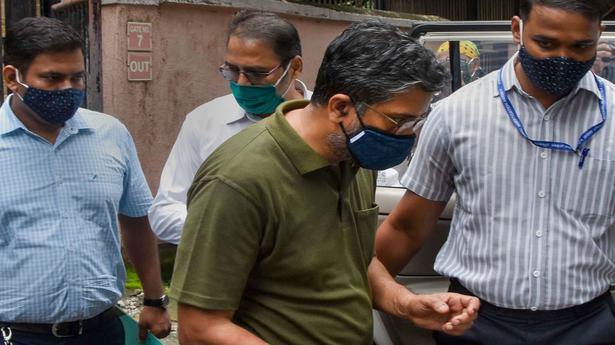Plea challenges provisions of the law, demands nod to commercial surrogacy; HC seeks Centre’s view
Plea challenges provisions of the law, demands nod to commercial surrogacy; HC seeks Centre’s view
Why can’t a single man or a married woman beget a child through surrogacy and does such a denial not result in the violation of the right to privacy? These are some of the questions that two petitioners have posed to the Delhi High Court, demanding at the same time that commercial surrogacy be decriminalised.
A Bench headed by Acting Chief Justice Vipin Sanghi and Justice Sachin Datta has issued a notice to the Centre seeking its stand on the matter within the next six weeks. The matter is listed for further hearing on November 29.
The petitioners have challenged their exclusion from availing surrogacy under the Assisted Reproductive Technology (Regulation) Act, 2021 and Surrogacy (Regulation) Act, 2021.
The petitioners include a single man and a woman who is also a mother and desires a second child.
Under the Surrogacy (Regulation) Act, 2021, a woman who is a widow or a divorcee between the age of 35 to 45 years or a couple, defined as a legally married woman and man, can avail of surrogacy if they have a medical condition necessitating this option.
It also bans commercial surrogacy, which is punishable with a jail term of 10 years and a fine of up to ₹10 lakhs. The law allows only altruistic surrogacy where no money exchanges hands and where a surrogate mother is genetically related to those seeking a child.
The ART Act, 2021 provides a system for the implementation of the law on surrogacy by setting up of the National Assisted Reproductive Technology and Surrogacy Board.
The petitioners have stated that commercial surrogacy is the only option available to them but the “ban on commercial surrogacy robs them of the option”.
“The personal decision of a single person about the birth of a baby through surrogacy, i.e., the right of reproductive autonomy is a facet of the right to privacy guaranteed under Article 21 of the Constitution. Thus, the right of privacy of every citizen or person to be free from unwarranted governmental intrusion into matters fundamentally affecting a decision to bear or beget a child through surrogacy cannot be taken away,” the petition argues.
“The petitioners beseech this Hon’ble Court to intervene in the matter and allow the Petitioners the dignity to firstly, keep private their reproductive choices and secondly, to exercise their reproductive choices to their satisfaction and desire of having a family (wrt Petitioner No. 1) and or a family of a size they decide (Petitioner No. 2),” it added.
It also said that the best eligibility criteria to maximise the chances of finding the best surrogate mother would be any healthy woman above the age of majority and “the needless conditions of being genetically related, of a particular age, married and already having at least one child only constrict the universe of available candidates who may otherwise become healthy surrogate mothers.”
(With inputs from PTI)




